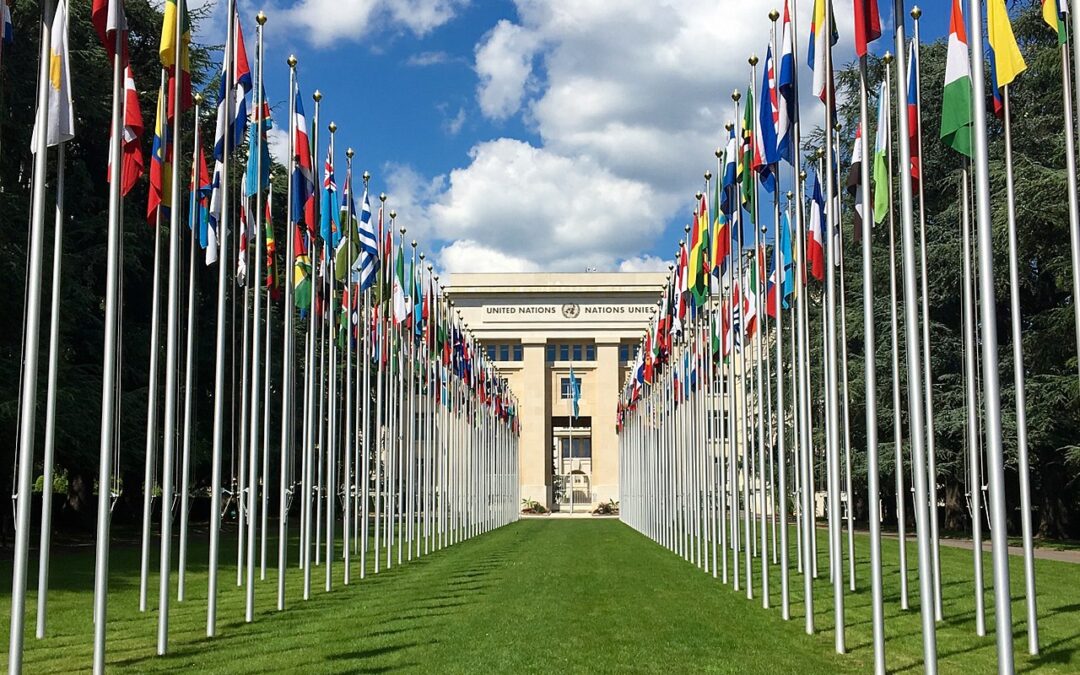
Sep 30, 2021 | Advocacy, Events, News
Amidst emerging threats to civic space, representatives from civil society called on Singapore’s Government to abide by its international legal obligations and commitments to respect fundamental freedoms in a Human Rights Council side event.
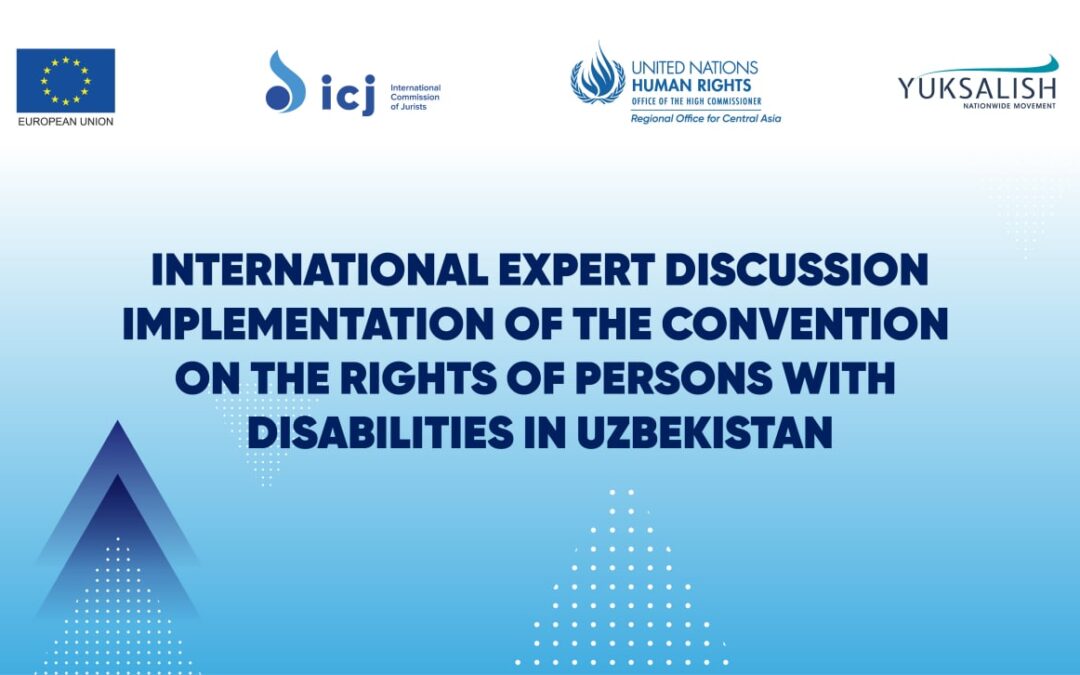
Sep 30, 2021 | Events, News
Today, the International Commission of Jurists (ICJ), the Office of the High Commissioner for Human Rights (OHCHR) Regional Office for Central Asia (ROCA) and the Nationwide Movement “Yuksalish” are holding an Expert Discussion on the implementation of the Convention on the Rights of Persons with Disabilities (CRPD) in Uzbekistan.
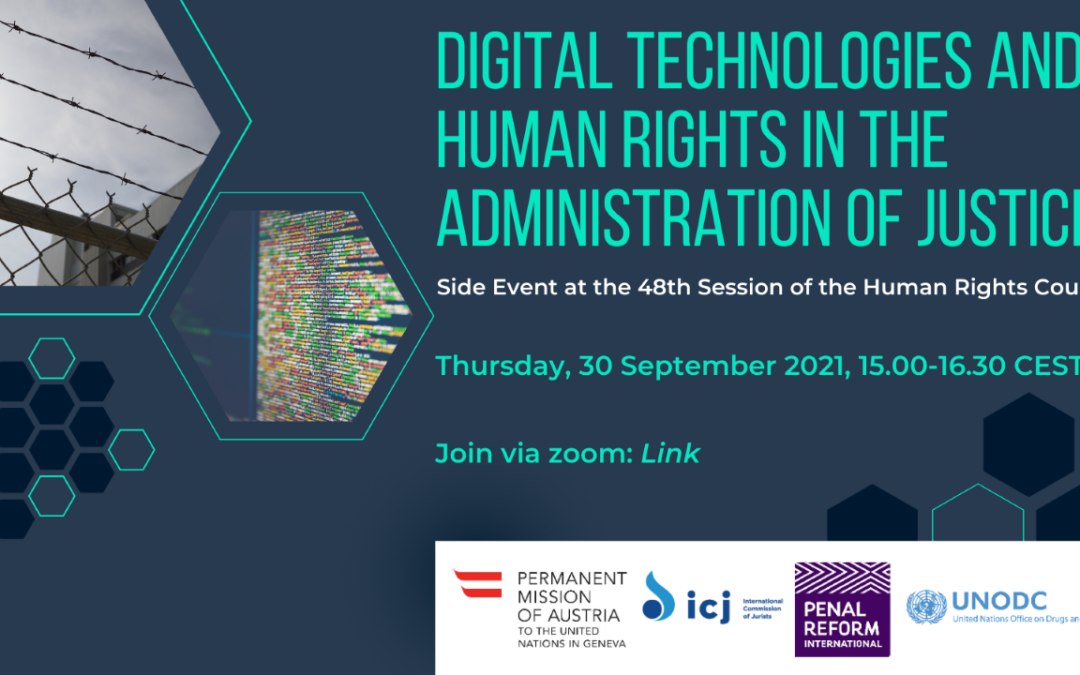
Sep 22, 2021 | Events
The use of digital technologies in the administration of justice has significantly increased over the recent years, a trend that has been further accelerated by COVID-19. Virtual courts, the use of algorithms and smart prisons have the potential to enhance efficiency and accessibility but may also carry adverse human rights impacts. This event will provide an overview of this emerging field and an opportunity to discuss the human rights implications, including concerns around the right to a fair trial, due process, non-discrimination, and equality and equal protection before the law.
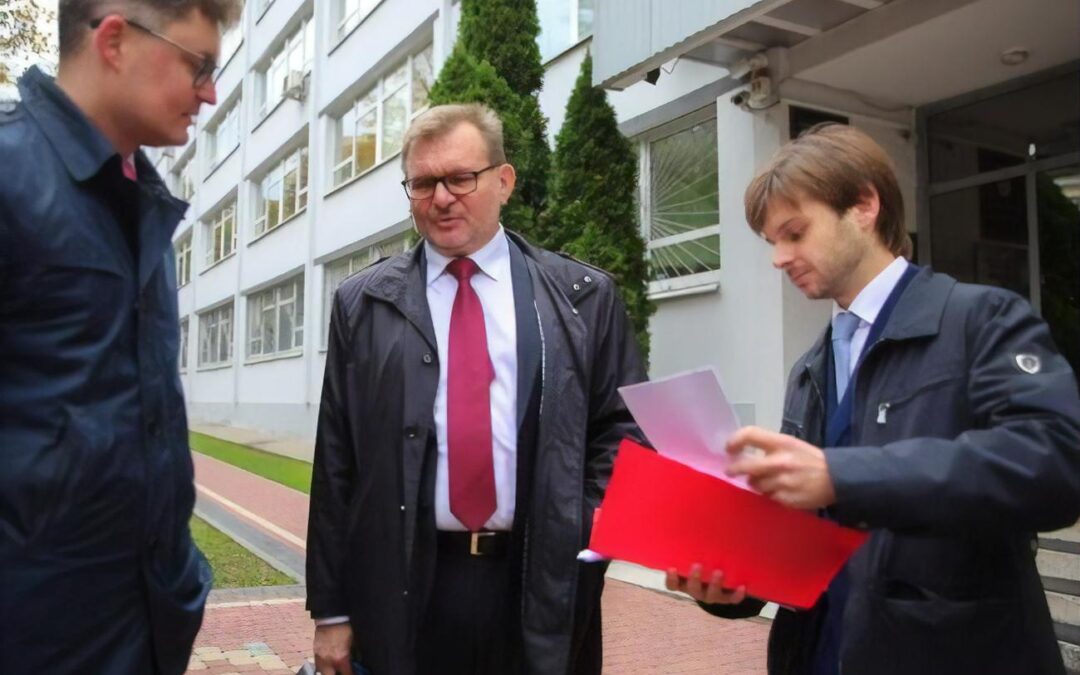
Jul 5, 2021 | Events, News
The International Commission of Jurists (ICJ), together with the American Bar Association Center for Human Rights (ABA CHR), the Lawyers for Lawyers (L4L), the International Bar Association Human Rights Institute (IBAHRI), and Polish Helsinki Foundation for Human Rights (HFHR) are co-organizing a side event during the 47th UN HR Council session, on July 6th, at 15:00 CEST/ 9 am EST.
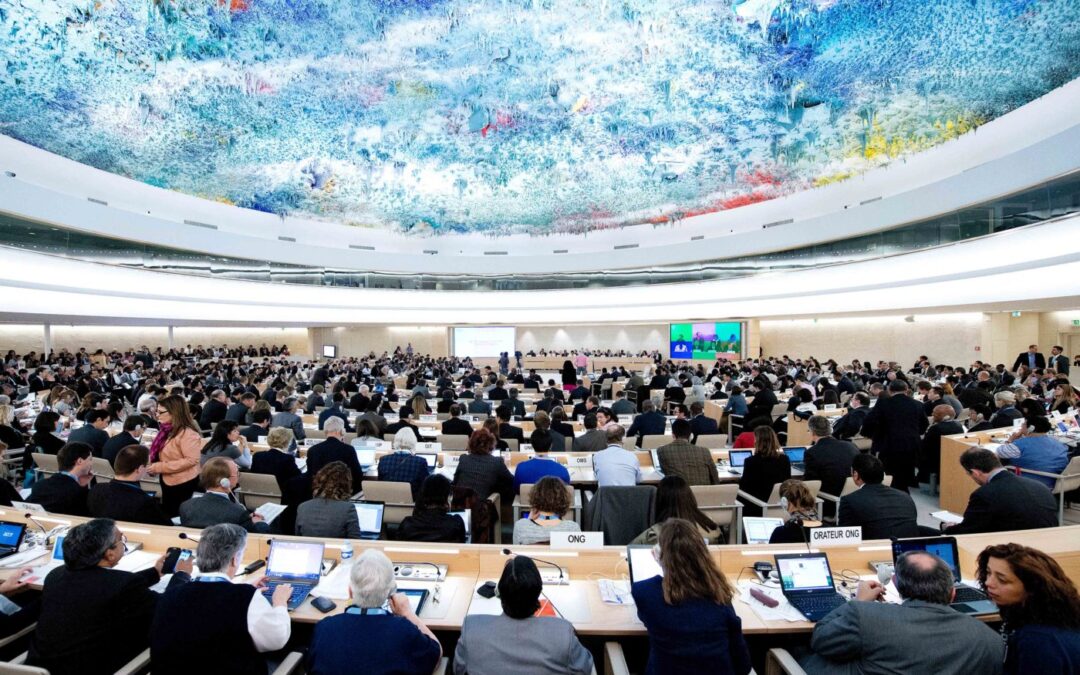
Jun 24, 2021 | Agendas, Events, News
On Friday 2 July, the ICJ, alongside IBAHRI, OHCHR and other partners, organize an online event to launch the report of the UN Special Rapporteur on the rights to freedom of peaceful assembly and of association: “Access to justice as an integral element of the protection of the right to freedom of peaceful assembly”.
This side event aims to bring together the UN Special Rapporteur, civil society representatives, UN bodies and State representatives to discuss their intersecting roles in promoting access to justice as an integral element of the protection of rights to freedom of peaceful assembly. The event will further examine specific challenges related to access to justice in relation to peaceful assemblies. Finally, it will expand on the important role of lawyers in the context of peaceful assemblies.
The event will also examine how the mandate of the UN Special Rapporteur can address impunity for violations of the right to freedom of peaceful assembly; explore how the international human rights community can support the work of national legal networks to protect and promote the right to freedom of peaceful assembly; and, discuss practical measures necessary to follow up the reports recommendations.
Format: The side event will be held online with experts from civil society, state and UN bodies. Space will be provided for interactions with participants from the floor.
Date: 2 July 2021 – 47th UN Human Rights Council Session
Time: 14:00-15:30 Geneva, Switzerland
Language: English, French and Spanish Translation will be provided
Panelists:
- Clement Voule, UN Special Rapporteur on the Rights to Freedom of Peaceful Assembly and of Association
- Jomary Ortegon, Colectivo de Abogadxs José Alvear Restrepo (CAJAR), Colombia
- Alana Greer, Community Justice Project, USA
- Femi Falana SAN, Human Rights lawyer, Nigeria
- Human Rights Lawyer, Belarus
Moderator: Baroness H. Kennedy QC
Register here.
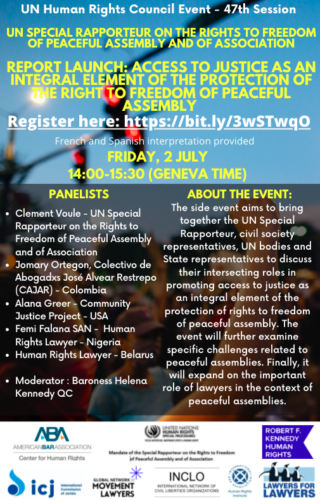
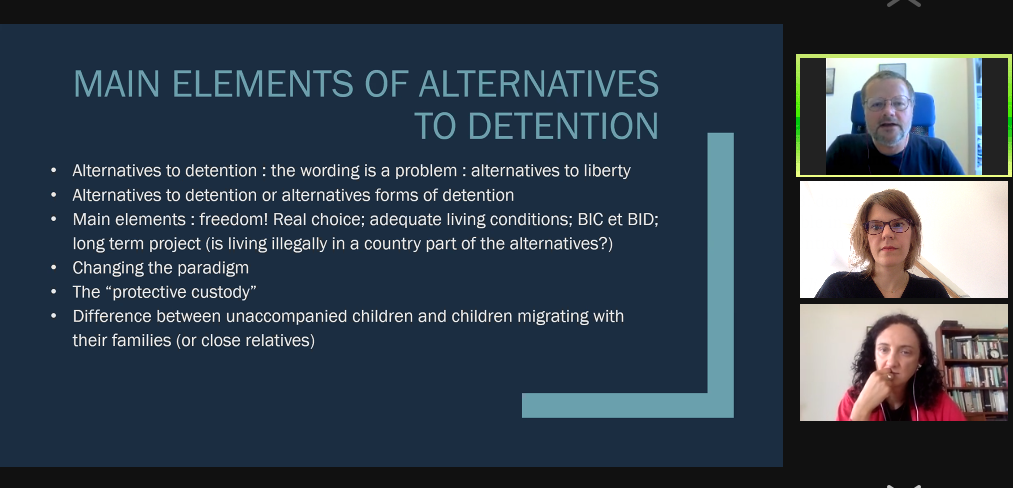
Jun 21, 2021 | Agendas, Events, News
Children should never be detained in immigration context. Immigration detention of children is never in their best interests and is not justifiable, said experts during a transnational workshop on Alternatives to detention vs. alternative forms of detention of migrant children held by the International Commission of Jurists (ICJ) and partners on June 17 and 18.
“Instead of detaining children, case management should be used instead, and a community assistance and placement model should be used for families and children as an effective alternative to detention. Unaccompanied children should be placed within the mainstream care system,” Karolína Babická, legal adviser at the ICJ said.
During the workshop experts and practitioners from seven EU countries and international experts explored good and bad practices of alternatives to detention. In particular, the principle of the ‘best interests of the child’ was discussed as well as procedures for age assessment, and specific alternative arrangements for the care of children in migration, such as the return houses in Belgium, and regular reporting.
The group further explored ways to include unaccompanied migrant children in the mainstream child-care system rather than under the management of immigration authorities. The case-management and community placement model by the International Detention Coalition (IDC) was discussed in detail.
It was agreed that children must have access to procedural rights, including the right to be heard and to participate, access to information and to legal assistance and legal aid, access to interpretation, effective remedy and a guardian. Best interest of the child assessments as well as age assessment must be done through a rights-based approach, following child-friendly procedures and safeguards.
Any alternatives to detention applied by states should be monitored and regularly evaluated to ensure these do not constitute alternative forms of detention.
The workshop took place as part of the CADRE project and will be followed by second and third workshop as well as by on-line conferences and national trainings during the second year of duration of the project.
See the agenda here: Agenda CADRE Transnational workshop_17-18 June_final











